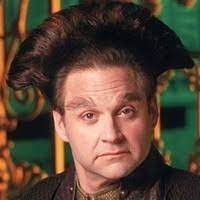The Supreme Court is hearing arguments Wednesday on a case in which the North Carolina state legislature is pushing the independent state legislature theory, a radical idea that existentially threatens free and fair elections.
It entails a very selective reading of two constitutional clauses, concluding that the state legislature — and only the legislature — has any power over federal elections. A maximal reading of the theory nullifies state courts, state constitutions, gubernatorial vetoes and voter-passed ballot initiatives when it comes to voting laws, election administration and redistricting.
The theory would imbue state legislatures with untold power, an even greater risk given Republicans’ success in gerrymandering many statehouses so completely that they govern far to the right of their constituents.
“Completely freed of the ordinary checks and balances that are essential to liberty, the legislature’s power would be unfathomable,” voters opposing the North Carolina legislature wrote in a reply brief. “It is hard to imagine a more direct affront to federalism.”







Furst…
I hope Sammy does more of his stand-up act…
Okay, so if the current scotus actually were “conservative” or “originalist”, they would laugh this lawsuit out of the courtroom. But we all know that they are neither. FURST??

Okay, now that’s cheating.
I’m the wurst, I wanted to be Furst.

that they think North Carolina has the stronger case and is likely to succeed on the merits.
…succeed on the merits.???